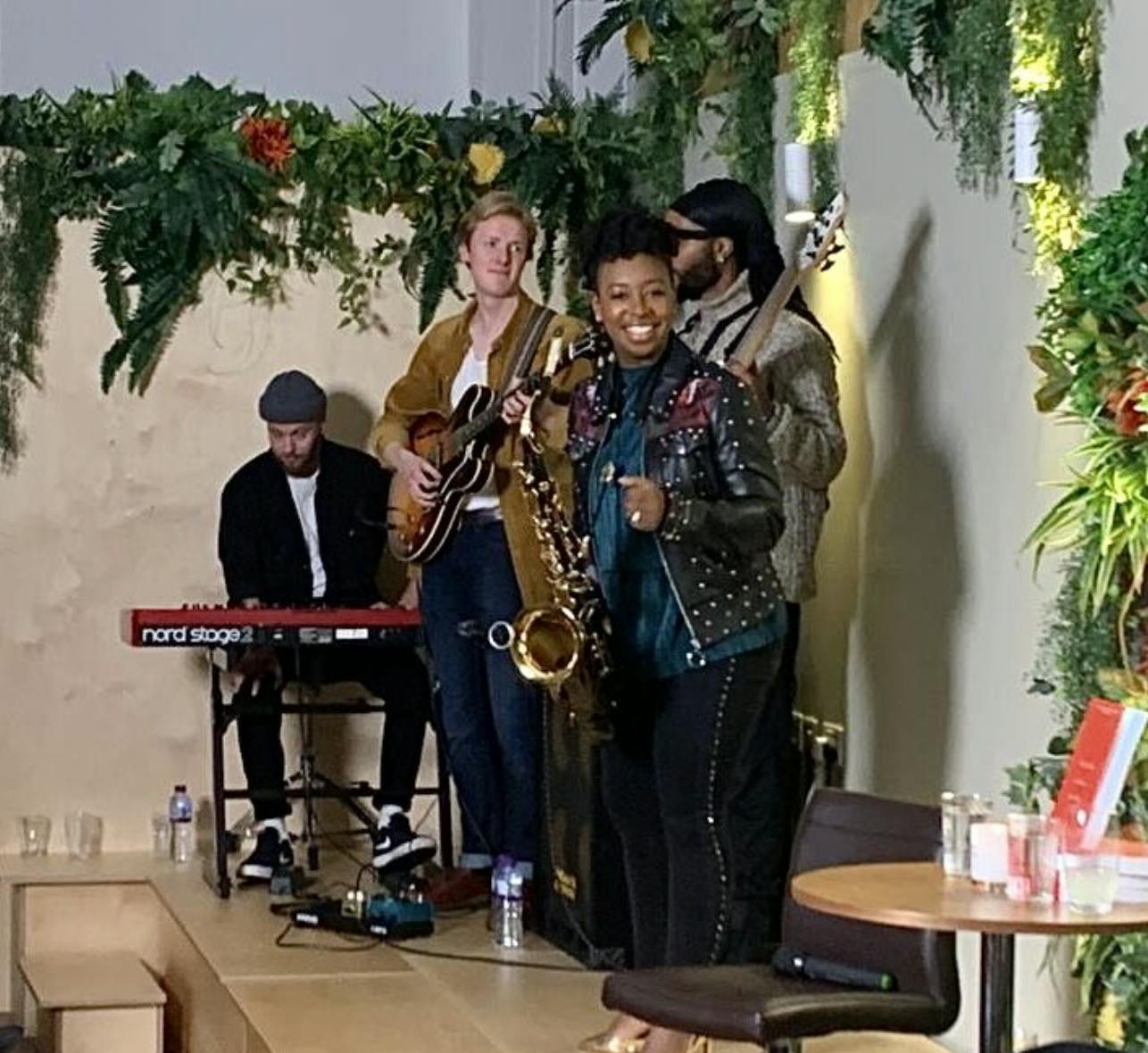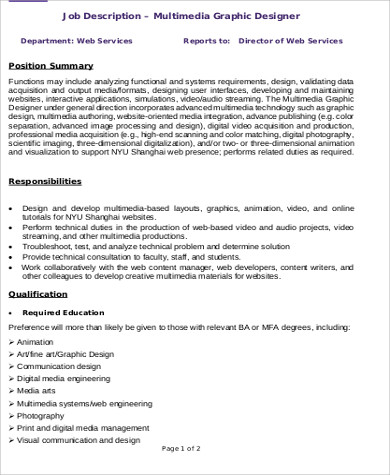

- #WEB EDITOR JOB DESCRIPTION PDF#
- #WEB EDITOR JOB DESCRIPTION SOFTWARE#
- #WEB EDITOR JOB DESCRIPTION CODE#
- #WEB EDITOR JOB DESCRIPTION FREE#
Simply put, a web professional needs to be able to recognize when a web page, image, web form, or PDF document is not accessible. If you’re not familiar with these concepts, WebAIM ( /intro) gives a good overview of what accessibility means for online platforms and technologies, what types of audiences need accommodations, and the law behind it.Įmployers are increasingly recognizing that core skillsets for web operations include some component of accessibility. Increasingly, organizations are recognizing the need to make their websites and web content accessible to people with disabilities. If you can get access to your organization’s CMS, I would recommend doing so and learning the ins and outs of it. Learning a CMS is a prerequisite to most web jobs. That means a user can edit the content on a web page without worrying about affecting a site’s functionality, design, and navigation.Ĭommon CMS systems are Drupal, Sharepoint and Wordpress. A CMS also locks down and separates a site’s design and navigation aspects from content. A CMS allows web administrators and even nontechnical users to create and edit web pages from a centralized location. Most organizations nowadays use a CMS-a content management system-to house their website and its contents, which include HTML, images, documents, multimedia, and other files. Learn your organization’s CMS and become a power user I highly recommend learning these tools and developing a proficiency in graphic design in general.
#WEB EDITOR JOB DESCRIPTION SOFTWARE#
To do this effectively, you need proficiency in image manipulation software such as Adobe Photoshop and software for creating vector graphics such as Adobe Illustrator. You need skills to resize files, convert from one file type to another, edit and crop images, and sometimes even create your own visuals and graphics. The web is a visual medium, and much of the content that you’ll work with day-to-day in web communications are images, graphs and charts, logos, and other types of media. Presenting information on the web requires graphical skill and expertise as much as writing and storytelling. If you can’t edit these with the same skill you do copy, you may be lost. Much of the content you’ll work with day-to-day are images, graphs, charts, and logos.
#WEB EDITOR JOB DESCRIPTION FREE#
To get started, I recommend the free educational resources at.
#WEB EDITOR JOB DESCRIPTION CODE#
Fluency in the fundamentals of HTML and CSS will help you recognize badly written code and will also help you fix incorrect or superfluous code that sometimes gets generated automatically by software. And software such as Adobe Dreamweaver makes the job of writing and editing code easier and faster.īut learning the software without solid proficiency in hand-coded HTML and CSS will limit your understanding and your ability to execute projects well in the long run.

Knowing HTML and CSS (Cascading Style Sheets)-the basic building blocks and coding languages of the web-is a basic requirement for a career in web communications.

Here are some additional skills to consider learning. If you’re reading this article, you likely already have the writing and editing skills required. I always had a love and passion for writing which I’ve cultivated from high school to today, more than 20 years later.įor people interested in career paths that combine writing/editing skills with web technology, a position in the web team or online communications department of a company may be a good avenue to explore. Through it all, I’ve always considered myself a writer/editor who can do tech (rather than a techie who can write and edit). I’ve written, edited, and developed online content, coordinated social media and HTML e-mail blasts, and trained non-technical people in these skills. In my career on the web, I have managed organizational websites, led web redesign efforts, and administered web content management systems. I was also a blogger for several years, writing my own content and publishing it online, prior to that job. I got my first job in digital communications in 2006.


 0 kommentar(er)
0 kommentar(er)
